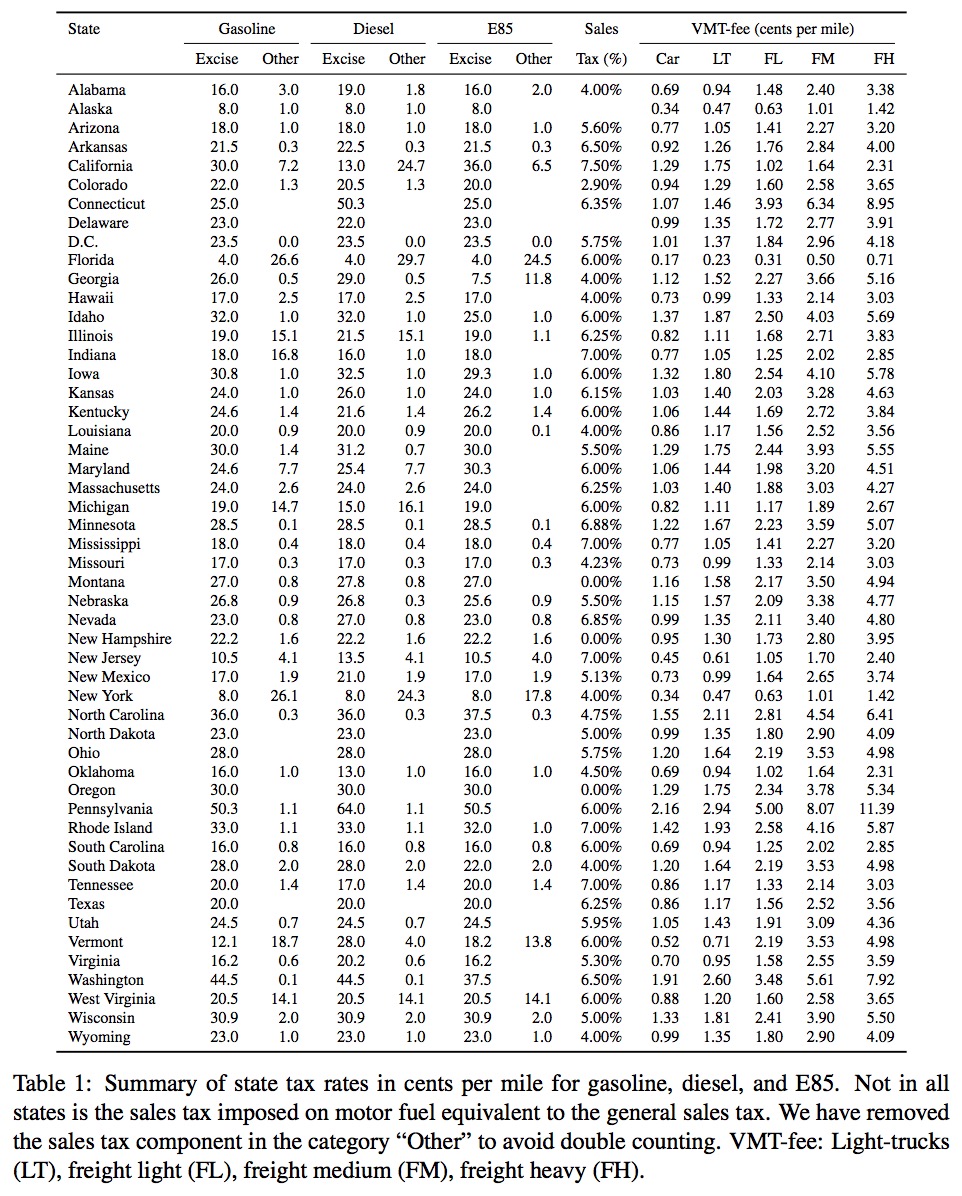
Indexing fuel taxes to inflation in addition to imposing a states’ sales tax increases revenue significantly but suffers from a continuous decline in the long-run due to increased fuel efficiency. Our results indicate that although a mileage fee is politically and technologically difficult to achieve, it avoids a declining tax revenue in the long-run.
View this complete post...











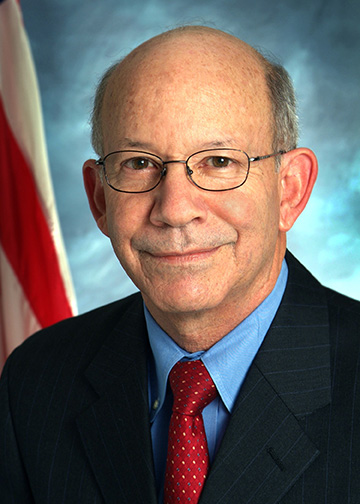

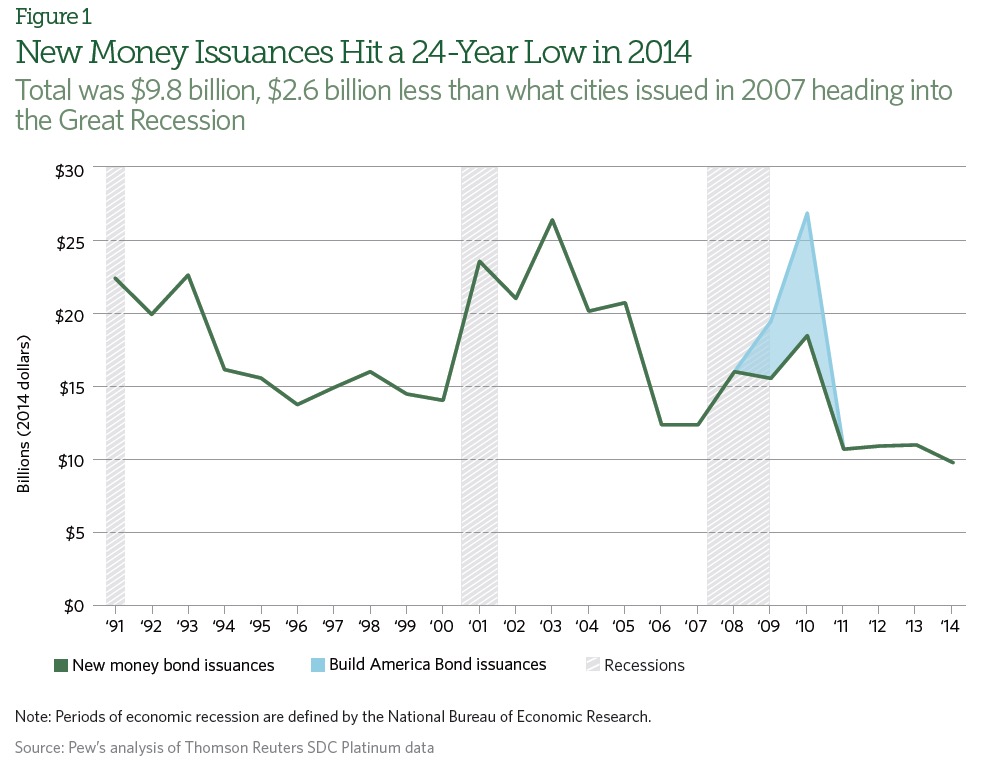
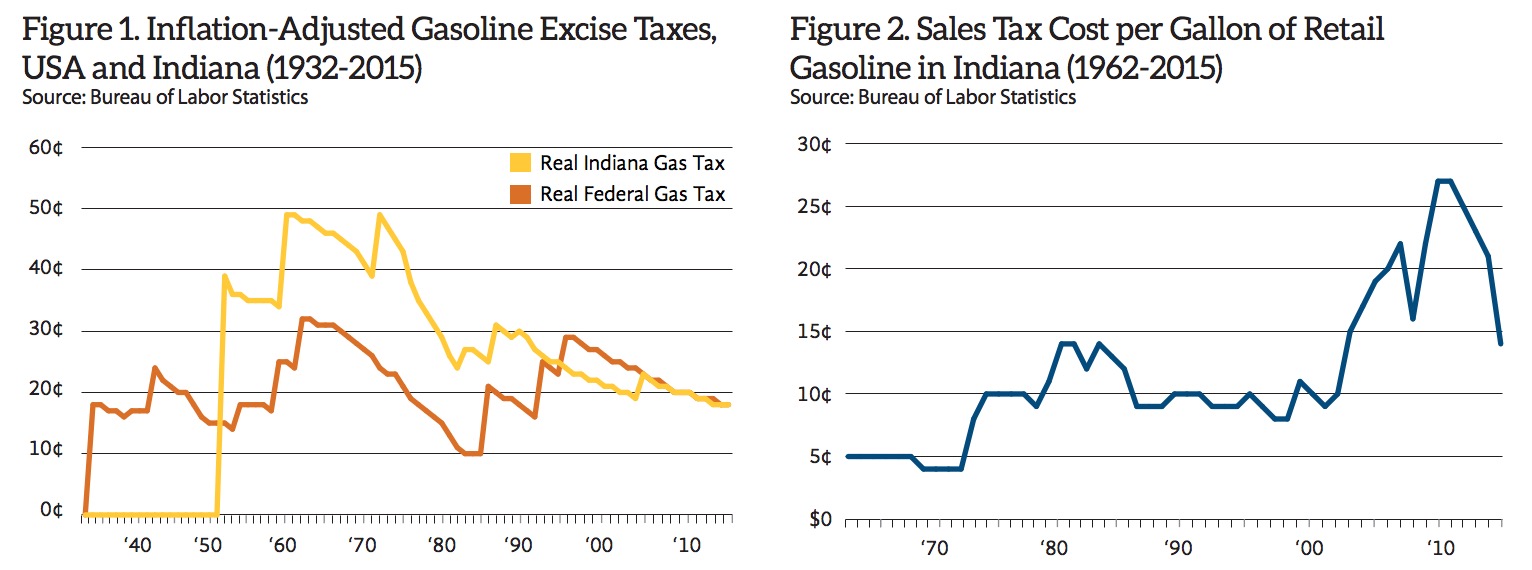
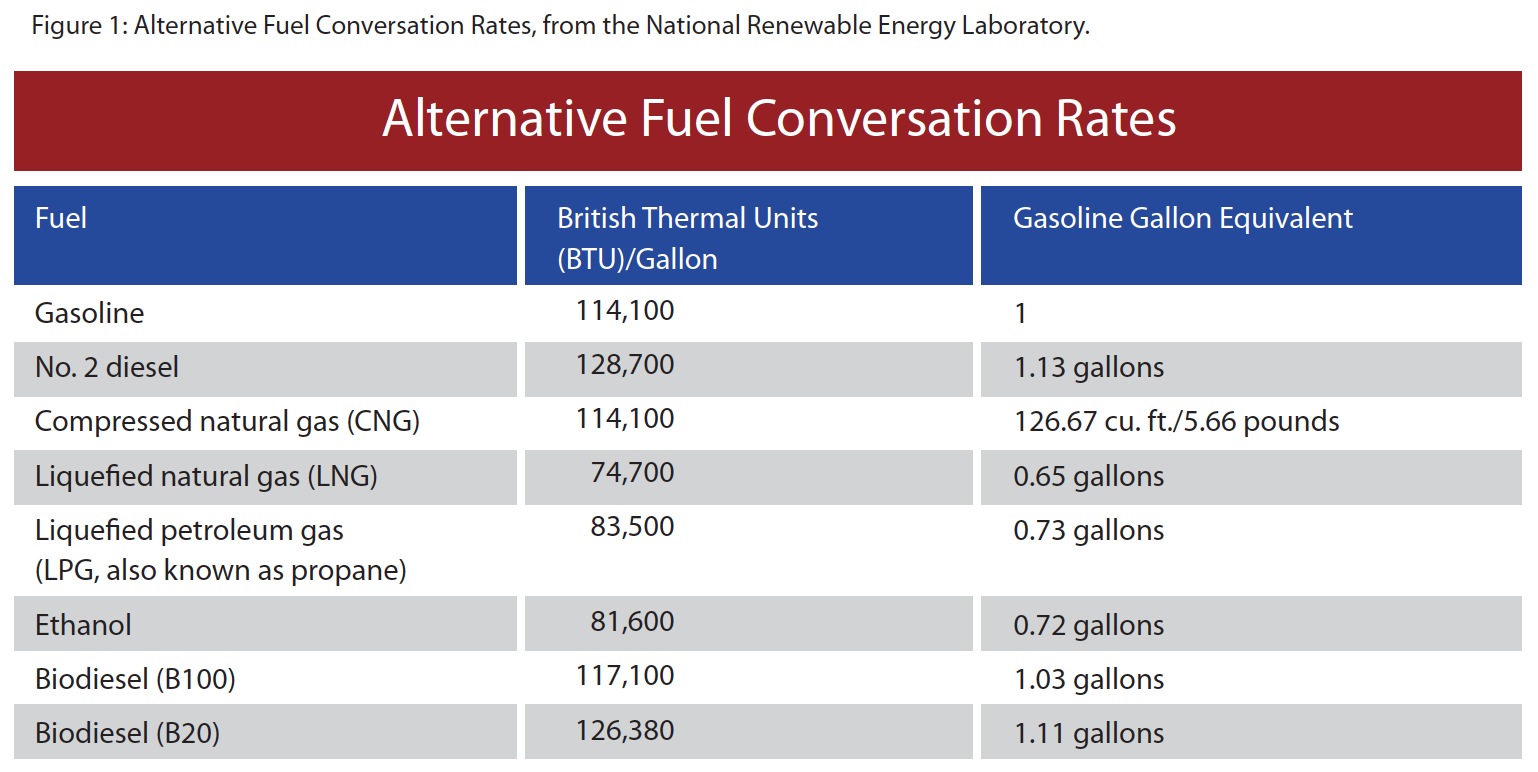
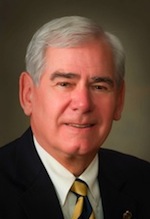
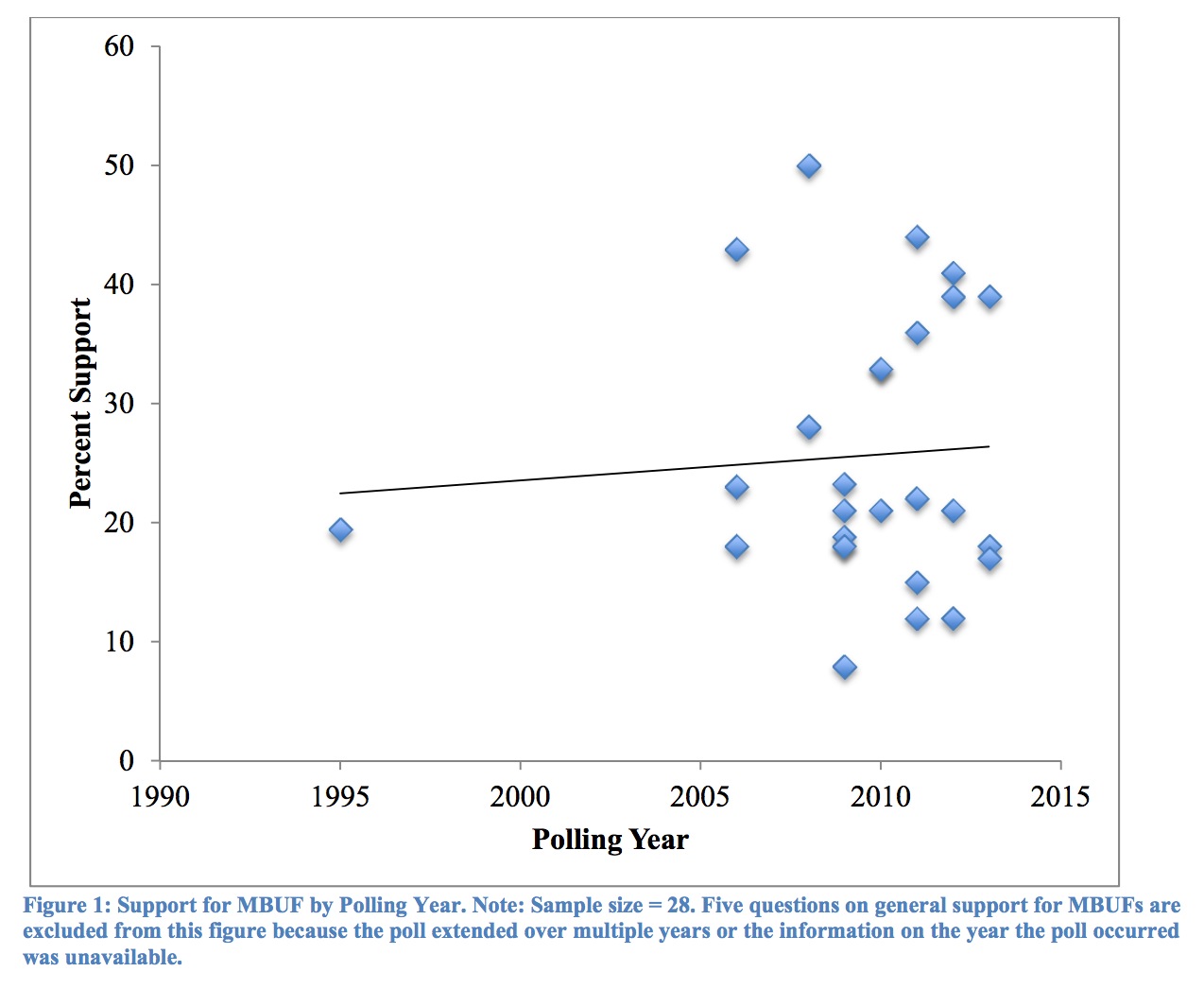
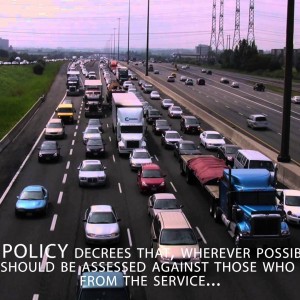

 RSS Feed
RSS Feed